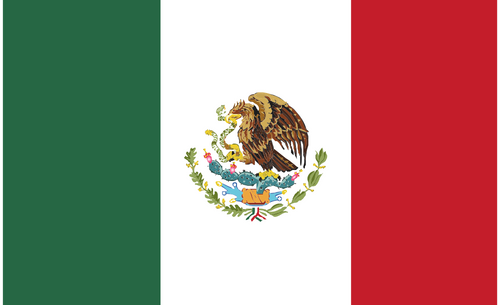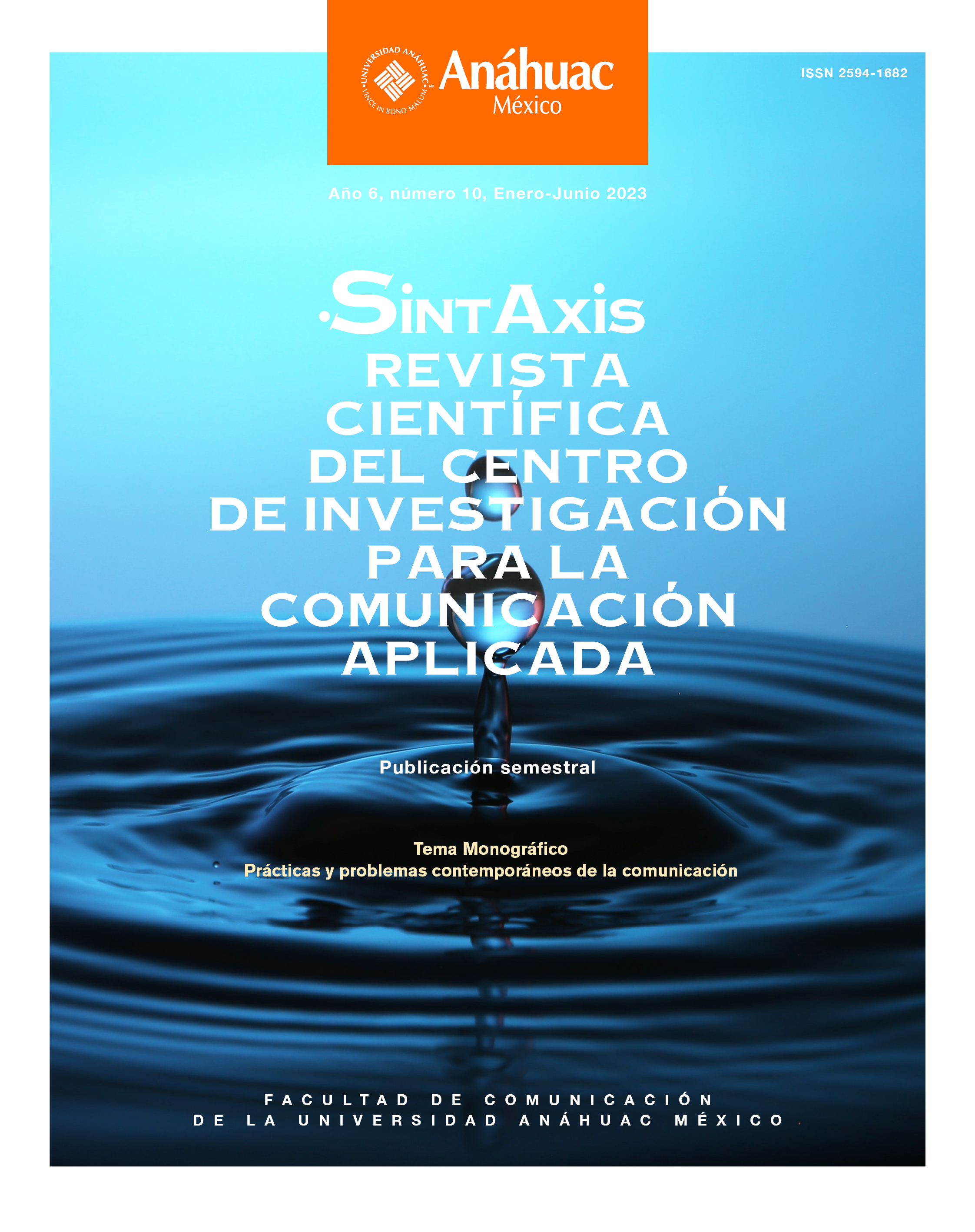La Comunicación Constitutiva de las Organizaciones como una vía para entender la interacción entre colaboradores del tercer sector que atienden a personas migrantes
DOI:
https://doi.org/10.36105/stx.2023n10.08Palabras clave:
comunicación constitutiva de las organizaciones, tercer sector, colaboradoes, voluntarios, personas migrantesResumen
Ante la oleada de migrantes centroamericanos y caribeños que han arribado a México, los albergues en la Ciudad de México (CDMX) se han visto rebasados. Esta situación ha ocasionado que estos lugares se apoyen en sus colaboradores y voluntarios. Por lo que, el objetivo de esta investigación es analizar la interacción de los colaboradores y voluntarios para atender a grupos vulnerables como las personas migrantes. Al respecto, se realizó un estudio cuantitativo con alcance descriptivo utilizando como instrumento un cuestionario que se aplicó en dos albergues. La teoría que se utilizó fue la Comunicación Constitutiva de las Organizaciones (CCO) que centra a la comunicación como el medio por el cual los seres humanos coordinan acciones y crean relaciones. La hipótesis subyacente es que la CCO es fundamental para crear lazos entre las personas y los resultados sugieren que en ella la inclusión es clave y es una vía para analizar fenómenos complejos en las organizaciones como la migración.
Descargas
Referencias
Alberich, T. (2018). La participación de las organizaciones no lucrativas. Dykinson. https://www.jstor.org/stable/j.ctt22p7gw0
Barba, A. (2010) Frederick Winslow Taylor y La Administración científica: contexto, realidad y mitos. Gestión y Estrategias, 38. https://gestionyestrategia.azc.uam.mx/index.php/rge/article/view/103/817
Bertalanffy, L. (1968). Teoría general de los sistemas. Fondo de Cultura Económica.
Billig, M. (2014). Kurt Lewin´s Leadership studies and his legacy to social. Journal for the theory of social behavior, 30. https://onlinelibrary.wiley.com/doi/abs/10.1111/jtsb.12074
Daft, R., Murphy, J., y Willmott, H. (2010). Organization Theory and Design. Cengage Learning. https://www.academia.edu/37923160/Organization_Theory_and_Design
Drucker, P. (2001). The essential Drucker. Siglo XXI. https://anahuac.primo.exlibrisgroup.com/permalink/52ANAHUAC_INST/kv8cge/alma990001256190205016
Eggers, M. (2012). Teoría de las Organizaciones. Maipue. https://docer.com.ar/doc/x0n0c5c
Fayol, H. (1987). Principios de la Administración Científica. El Ateneo. https://anahuac.primo.exlibrisgroup.com/permalink/52ANAHUAC_INST/12ghpp2/alma990000733860205016
Instituto Nacional de Migración (INM, 2021). Detiene México cifra récord de migrantes. https://www.inm.gob.mx/gobmx/word/index.php/tema-migratorio-120921/
Katz, D., Kahn, R. (1968). Psicología Social de las Organizaciones. Trillas. https://etrillas.mx/libro/psicologia-social-de-las-organizaciones_1237
Mc Gregor, D. (1994). El lado humano de las organizaciones. Mc Graw-Hill. https://edupointvirtual.com/wp-content/uploads/2020/02/El-Lado-Humano-de-las-Organizaciones.pdf
Martínez, C. (2005). Administración y organizaciones. Su desarrollo evolutivo y las propuestas para el nuevo siglo. Semestre Económico, 31. https://www.redalyc.org/articulo.oa?id=165013663004
Mayo, E. (1972). Problemas humanos de una civilización industrial. Nueva Visión. https://isabelportoperez.files.wordpress.com/2012/03/problemas_sociales.pdf
Mintzberg, H. (1991). Henry Mintzberg y la Dirección. Díaz Santos.
https://books.google.com.mx/books/about/Mintzberg_y_la_dirección.html?id=CZX1NRqyPkMC
Mintzberg, H., Ahlstrand, B., y Lampel, J. (1998). Una visita guiada por la jungla del management estratégico. Granica.
Perello, M. (2020). Las organizaciones sociales de la sociedad civil en fronteras de alta migración entre el humanismo y la defensa de derechos. Revista Interdisciplinaria da Mobilidade Humana, 13-22. https://www.redalyc.org/journal/4070/407063191002/html/
Putnam, L., Nicotera, A., y McPhee, R. (2009). Building Theories of Organization. The Constitutive Role of Communication. Routledge.
Rebeil Corella, M. (2018). Aportes a la teoría de la CCO desde la perspectiva de la comunicación integral. Razón y Palabra, 749-759. https://www.revistarazonypalabra.org/index.php/ryp/article/view/1128/pdf
Weber, M. (2013). Essays in Sociology. Taylor & Francis Group. https://ia802705.us.archive.org/12/items/frommaxweberessa00webe/frommaxweberessa00webe.pdf
Publicado
Número
Sección
Licencia
Derechos de autor 2023 Mtra. Claudia Pérez Flores

Esta obra está bajo una licencia internacional Creative Commons Atribución-NoComercial-SinDerivadas 4.0.
Sintaxis. Revista científica del Centro de Investigación para la Comunicación Aplicada© se distribuye bajo una Licencia Creative Commons Atribución-NoComercial-SinDerivadas 4.0 Internacional.
El autor conserva los derechos patrimoniales sin restricciones y garantiza a la revista el derecho de ser la primera publicación del trabajo. El autor es libre de publicar en cualquier otro medio su artículo, como un repositorio institucional.

















